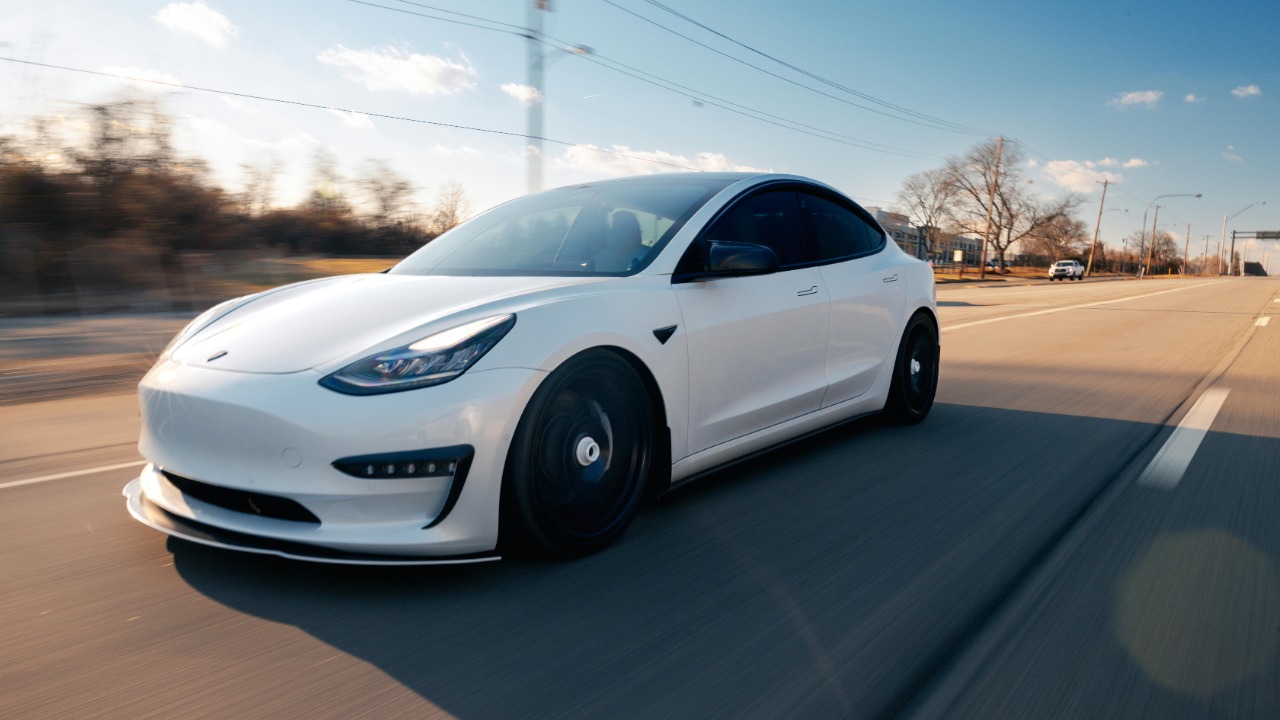
In recent years, the duration of warranties for electric vehicles (EVs) has been noticeably decreasing, sparking concerns and discussions among consumers and industry experts alike. This trend may seem counterintuitive given the growing popularity and technological advancements in EVs.
The reasons behind the shortening of EV warranties carry significant implications for consumers and the automotive industry.
The Evolution of EV Warranties
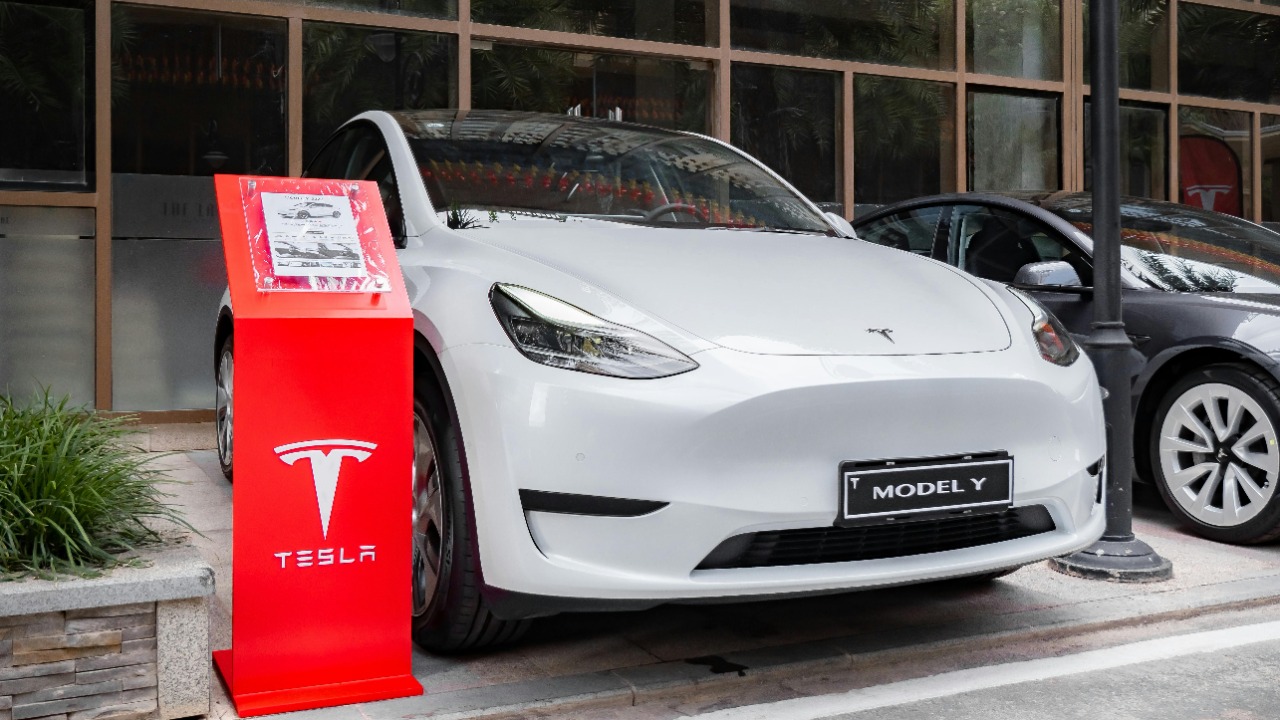
Historical Context and Initial Offerings
Initially, generous warranties were a strategic marketing tool designed to alleviate consumer concerns about new technology. Early adopters of EVs were drawn in by the promise of long-term security, which served to offset the uncertainties surrounding EV technology and battery longevity. These warranties were instrumental in building trust and encouraging the adoption of EVs.
Shift in Warranty Duration Over Time
Over time, data has shown a clear trend towards shorter warranty periods in recent EV models. Several factors contribute to this shift, including increased consumer confidence in EV technology. As consumers become more familiar with the capabilities and reliability of modern EVs, the perceived necessity for extended warranties diminishes.
Technological Advancements and Manufacturing Improvements
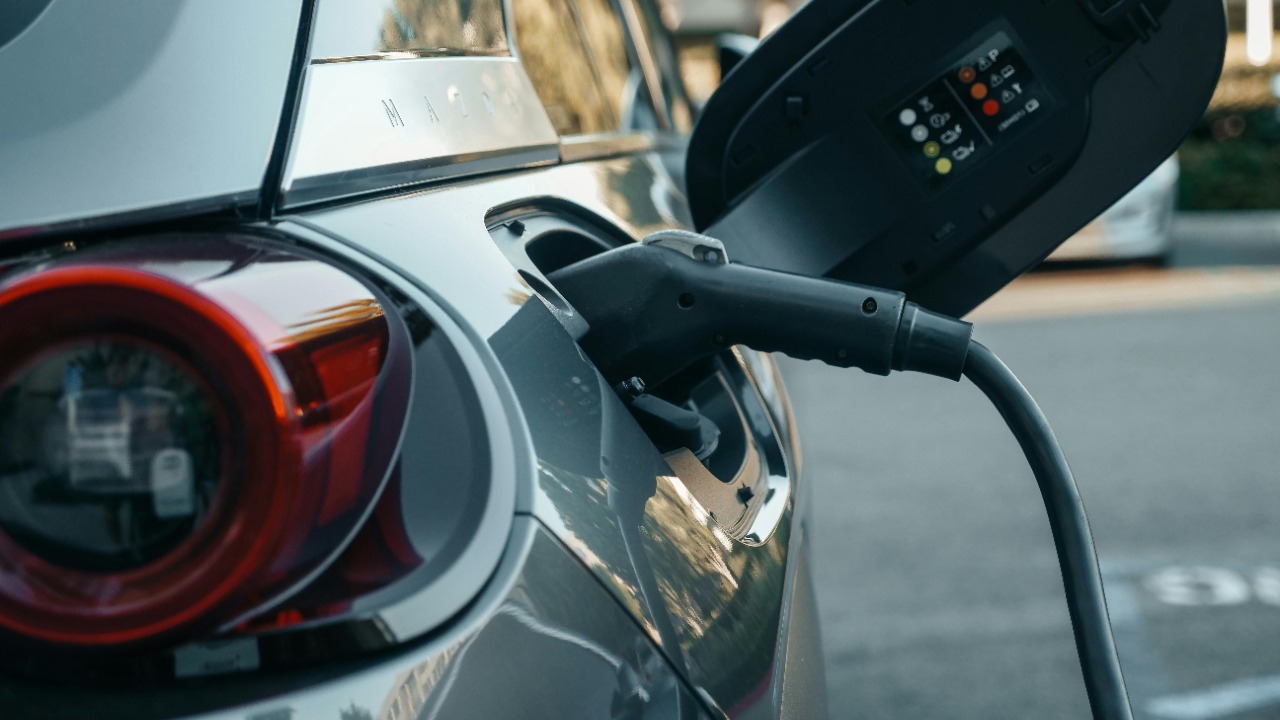
Improved Battery Technology
Significant advancements in battery technology have played a crucial role in manufacturers’ confidence to offer shorter warranties. Enhanced battery management systems now ensure longer battery life, reducing the need for extended warranties. These technological improvements reassure both manufacturers and consumers of the durability and reliability of EV batteries.
Cost-Benefit Analysis for Manufacturers
Long warranties can impose substantial financial burdens on manufacturers. However, improved manufacturing processes have reduced these costs. From a manufacturer’s perspective, there is a careful balance between the costs associated with providing long warranties and the durability offered by technological advancements. This balance often leans towards shorter warranties as a more financially viable option.
Consumer Perceptions and Concerns
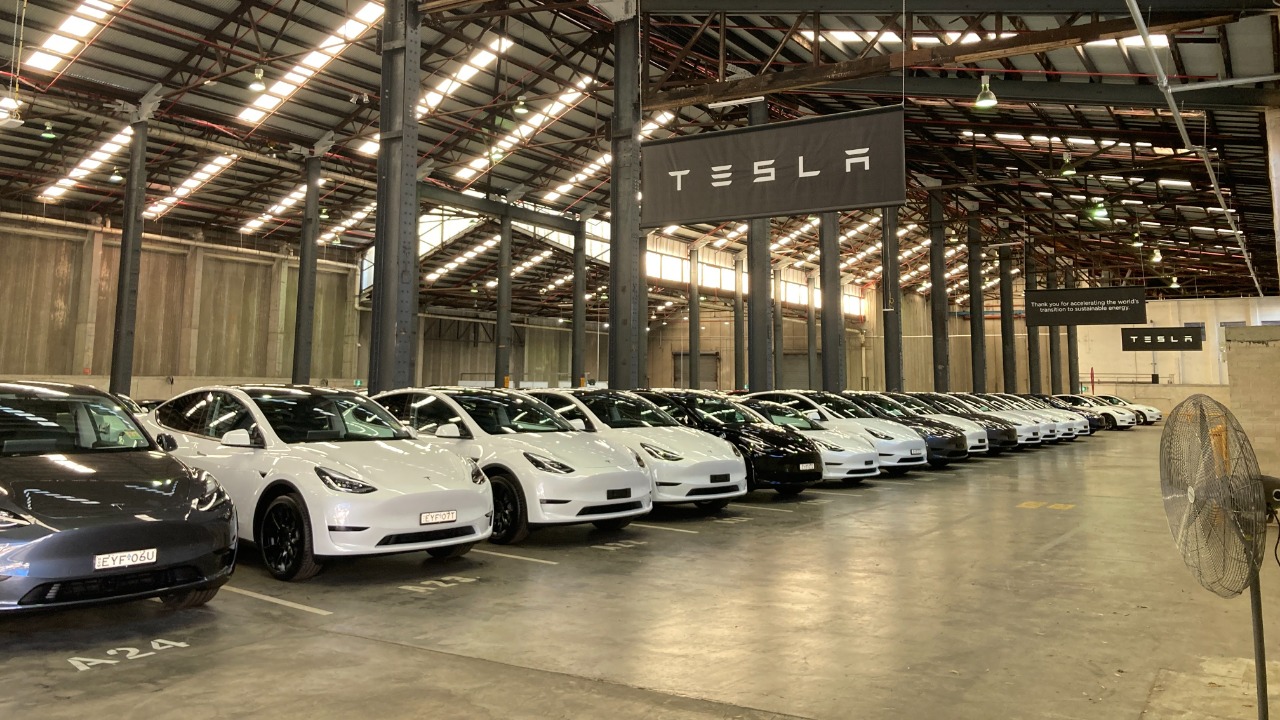
The Role of Consumer Confidence
As consumer knowledge and trust in EV technology grow, so does the perception that lengthy warranties are less necessary. Discussions within the EV community, such as those on Speak EV, play a significant role in shaping consumer expectations and concerns. These dialogues contribute to a collective confidence in the technology, reducing reliance on warranties for assurance.
Impact on Buying Decisions
Warranty length remains a critical factor influencing consumer purchasing decisions, particularly for first-time EV buyers. Some potential buyers may be deterred by the prospect of shorter warranties, despite assurances of technological reliability. This hesitation is often apparent among risk-averse consumers who prioritize long-term security over technological advancements.
Regulatory and Market Influences
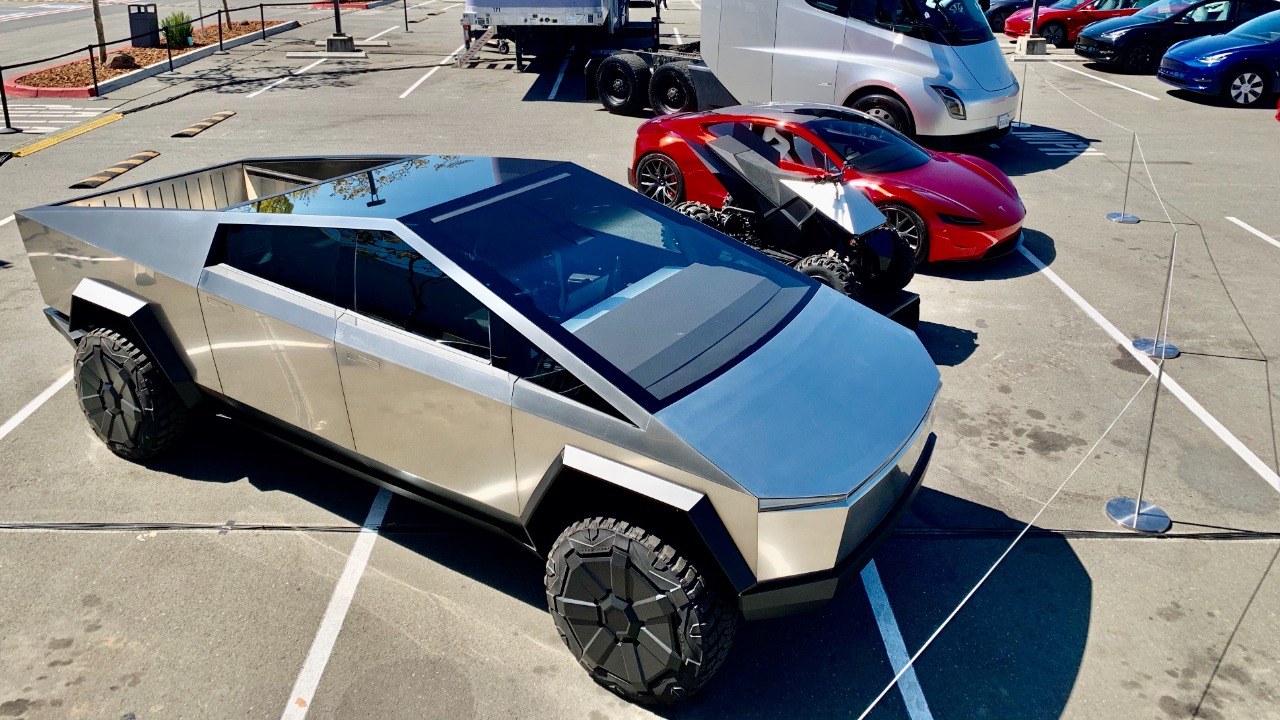
Legislative Factors
Legal frameworks and policies significantly impact warranty offerings. Insights from legal journals, such as the George Washington Law Review, highlight how legislation influences the minimum standards for warranties. International regulations further complicate warranty standards, leading to variations in warranty practices across different markets.
Market Competition and Standardization
Fierce competition among EV manufacturers frequently drives changes in warranty policies. As companies strive to differentiate themselves, warranty offerings become a key competitive element. There is also potential for industry standardization of warranties, which could streamline market dynamics and provide clear benefits to consumers.